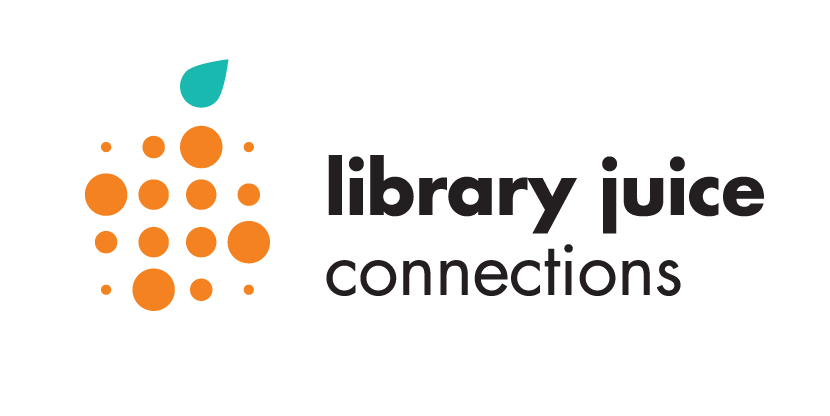Many of us have come to libraries for refuge and as a platform for social change, yet we end up feeling like perpetrators. In order to do our work, we are given colonizing, controlling, patronizing, silencing infrastructure sustained by people who enact violence and erasure upon differently-raced, -gendered, -abled, -resourced bodies. It doesn’t have to be this way, however.
Through interconnections across our shared experiences in technical services and cataloging, understanding collections, offering frontline public services, providing digital access, and working with professional associations and professional development, librarians have and can draw on the rich, long history of radical educational movements or other interconnected practices that have long flourished within communities of color, brewed in working class and anarchist pedagogies, and practiced within activist movements to foster spaces of resistance (within) and in opposition to capitalist superstructures.
Privileging local knowledge practices and community empowerment and rooted in a feminist ethics of mutual aid and coalitional politics, librarians can use the practical tools of our craft to break down arbitrary divisions between a person’s value and their position, to protect those who speak truth to power, to replace exploitation with the willingness to trust that people can behave in cooperative and non-abusive ways, and to reject the choice between practicing calcified professional standards and ethics of care.
Treating our daily work as a platform for action, for creativity, for care, for radical purpose, for productive dissonance, and for resistance entrenched in history and informed by critical methodologies will allow us to reflect honestly on how we will meet the challenges of our present and future. Because ultimately, we want libraries to work: to work for the communities they are a part of, for the professionals that maintain them, and to work especially for those for whom they have never quite worked in the past.
